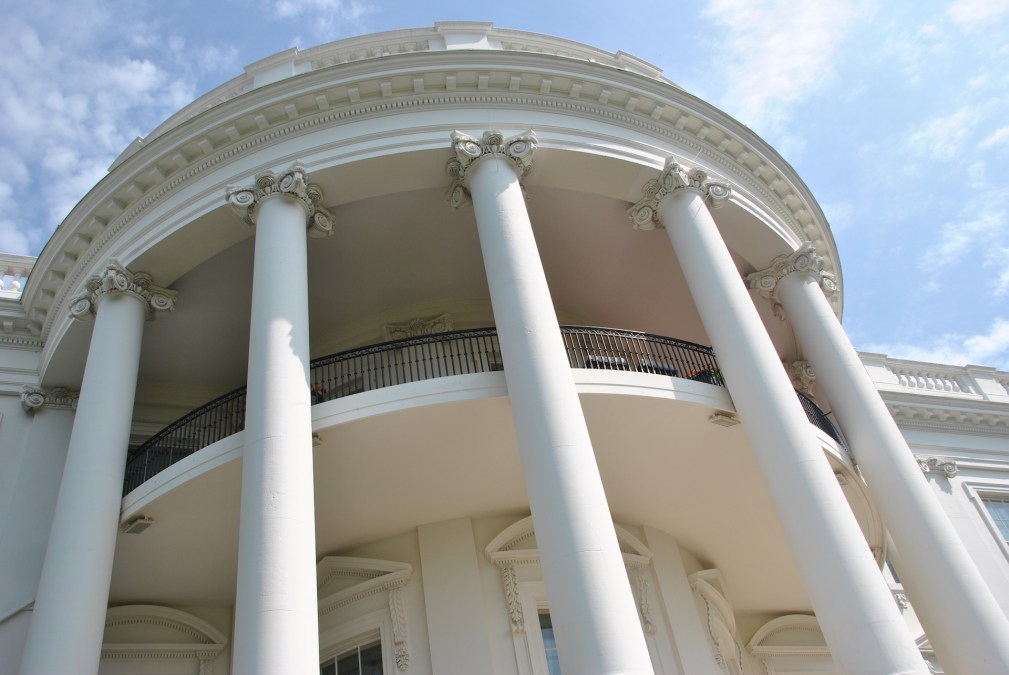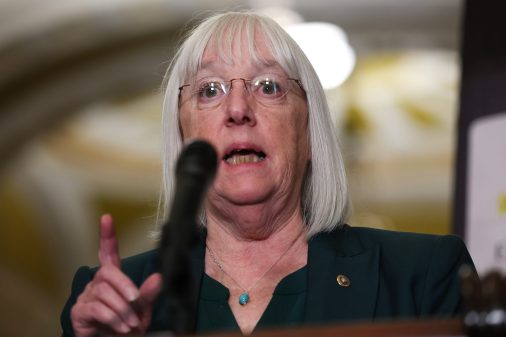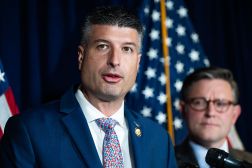New White House innovation office to focus on tech, VA and more

President Donald Trump is creating a White House Office of American Innovation that will initially focus on issues such as federal technology modernization, technology procurement and overhauling systems at the Department of Veterans Affairs.
Trump formally launched the office within the White House via an executive order signed Monday. Jared Kushner — Trump’s assistant to the president and senior adviser — will head up the office, spokesman Sean Spicer said in Monday’s press briefing.
“This office will bring together the best ideas from government, the private sector, and other thought leaders to ensure that America is ready to solve today’s most intractable problems, and is positioned to meet tomorrow’s challenges and opportunities,” the executive order reads. “The office will focus on implementing policies and scaling proven private-sector models to spur job creation and innovation.”
Spicer said the office would initially focus on “modernizing the technology of every federal department, identifying transformational infrastructure projects and reimagining the VA’s systems, so they can better serve our nation’s heroes.”
He also said the office would focus on technology and data, and bring in ideas from industry leaders.
“Fresh thinking can spark new solutions to old problems, an approach that is deeply engrained in the tech industry,” Dean Garfield, president and CEO of ITI, a tech industry trade group, said in a statement about the creation of the new office. “We welcome this initiative to bring that same forward thinking mindset to the challenges facing our government by infusing innovation and data-driven efficiencies into the government’s operations. Already the White House is tapping talent from the private sector, and we look forward to working with them on this effort as it goes from upstart to government-wide.”
Max Stier, president and CEO of the nonprofit, nonpartisan Partnership for Public Service, also applauded the announcement in a statement.
“The president’s creation of a White House Office of American Innovation is an encouraging sign that the administration plans to leverage innovation early on–a powerful tool for enacting policy promises, improving public trust and delivering more efficient services to citizens,” Stier said. “While government and business have many differences, agencies can benefit from bringing private-sector and federal leaders together to find solutions for chronic management problems, federal technology shortcomings and outdated processes.”
Time to reform Veterans Affairs’ IT?
Spicer said the office would focus on technology procurement — and he then elaborated on new office’s focus on the Department of Veterans Affairs.
“There are certain things that it does really well, by the way, it buys prescription drugs really well. It buys them in bulk and gets the job done,” Spicer said about the VA. “But there’s certain things that it may not do as well, in terms of how it keeps its records and how it serves veterans, how it lends money, etc. that we can look at and figure out is there a better way.”
Lawmakers have long-criticized the department’s information technology, particularly in light of its failure to implement an integrated, modernized health records platform with the Defense Department.
Phil Roe, R-Tenn., chairman of the House Committee on Veterans Affairs, recently noted he’s seen $1 billion wasted “trying to integrate between DOD and the VA.”
“That’s the most frustrating thing I think, the day they came up and testified: ‘We’ve flushed a billion dollars.’ That’s a thousand-million dollars. The health care system I worked in in northeast Tennessee was a billion-dollar-a-year system. We provided health care for a region of the country for the billion dollars that got wasted on technology,” he said.






